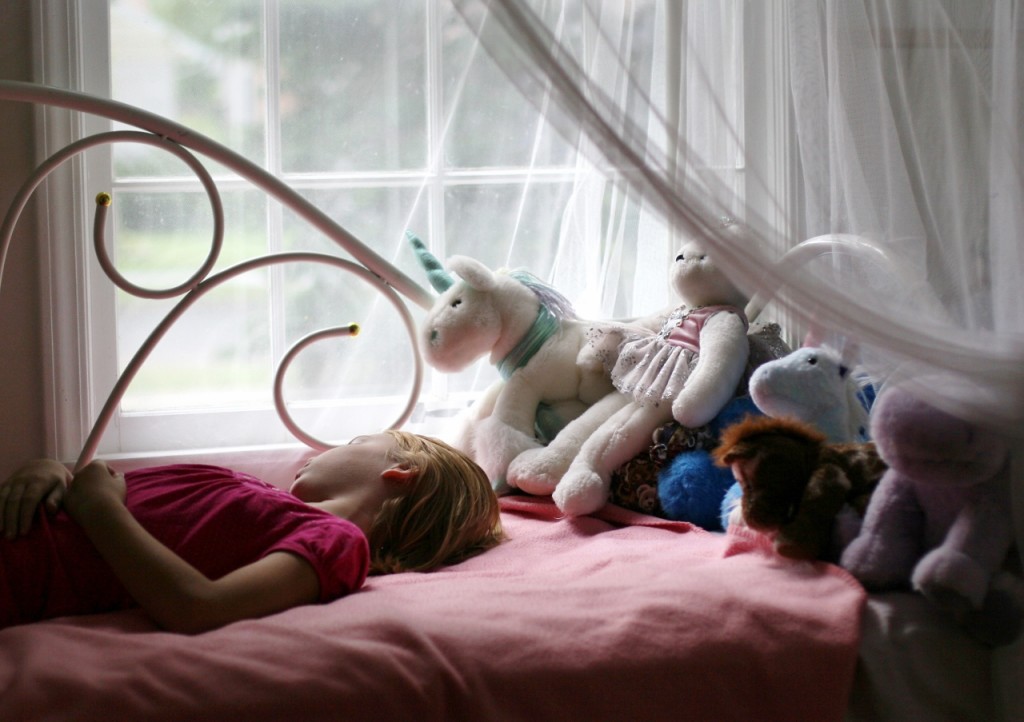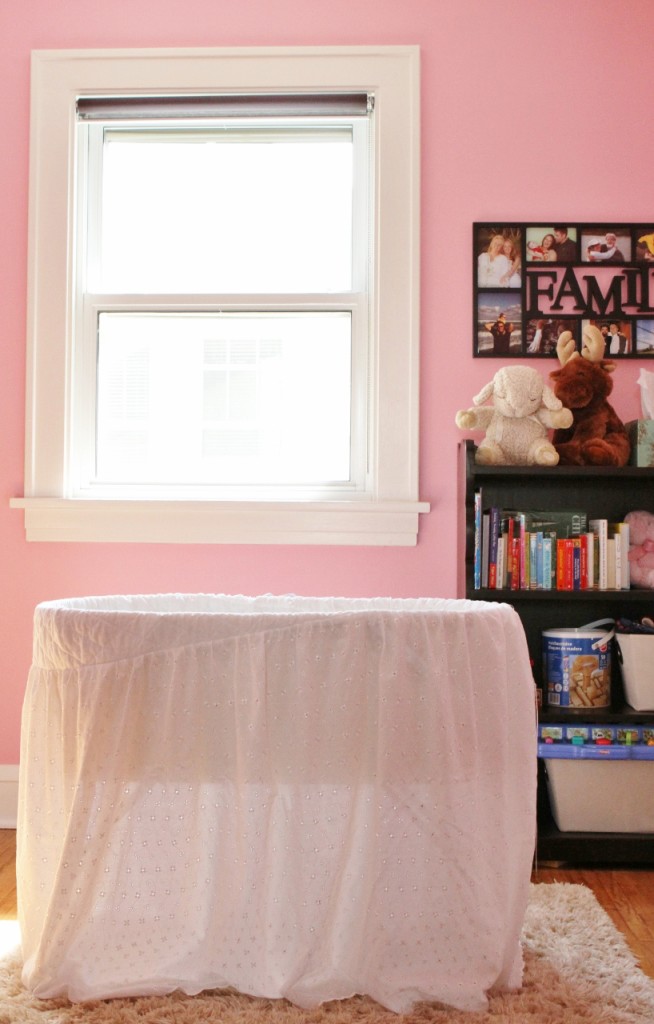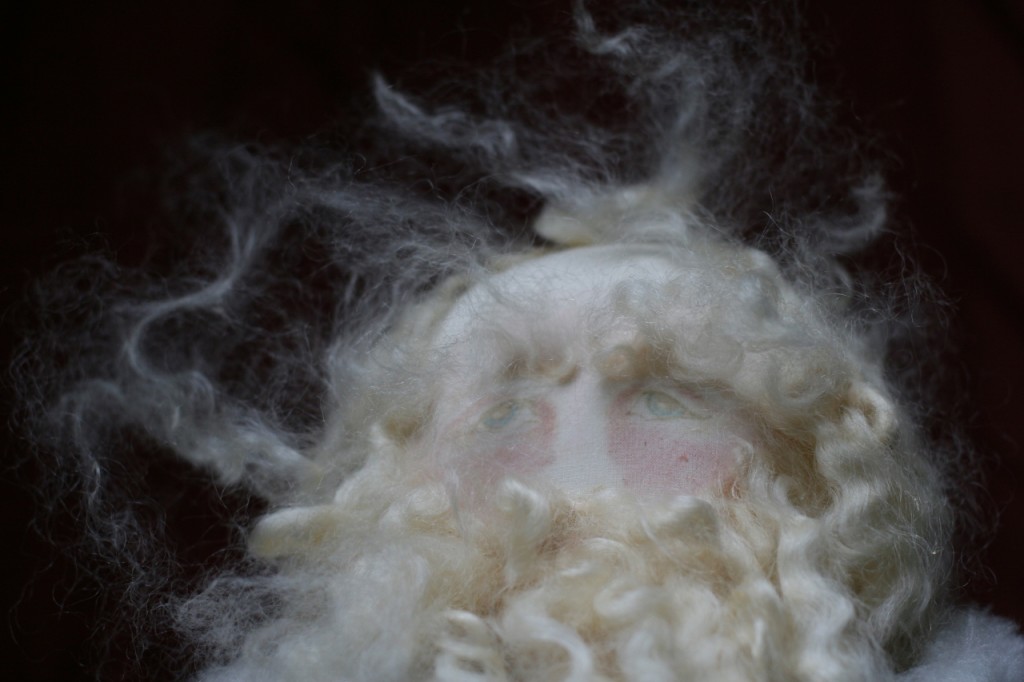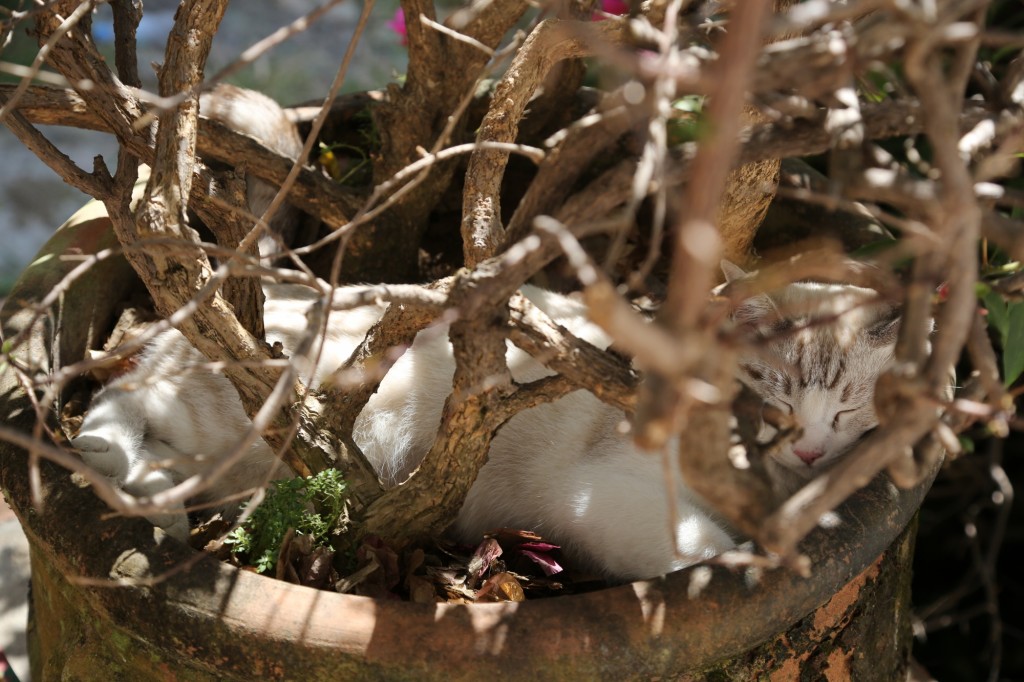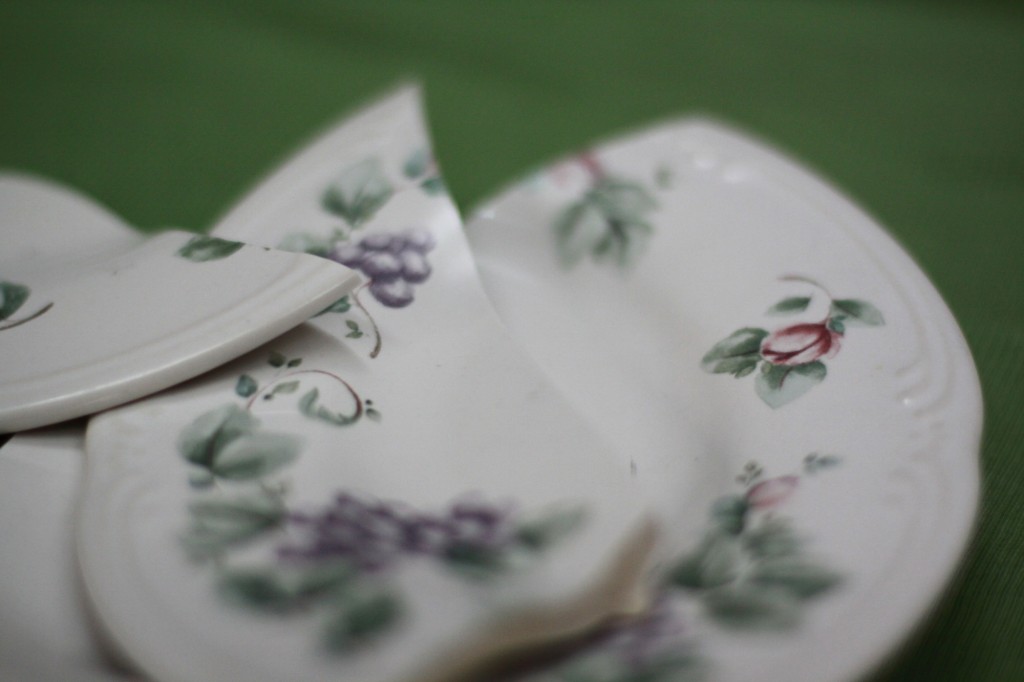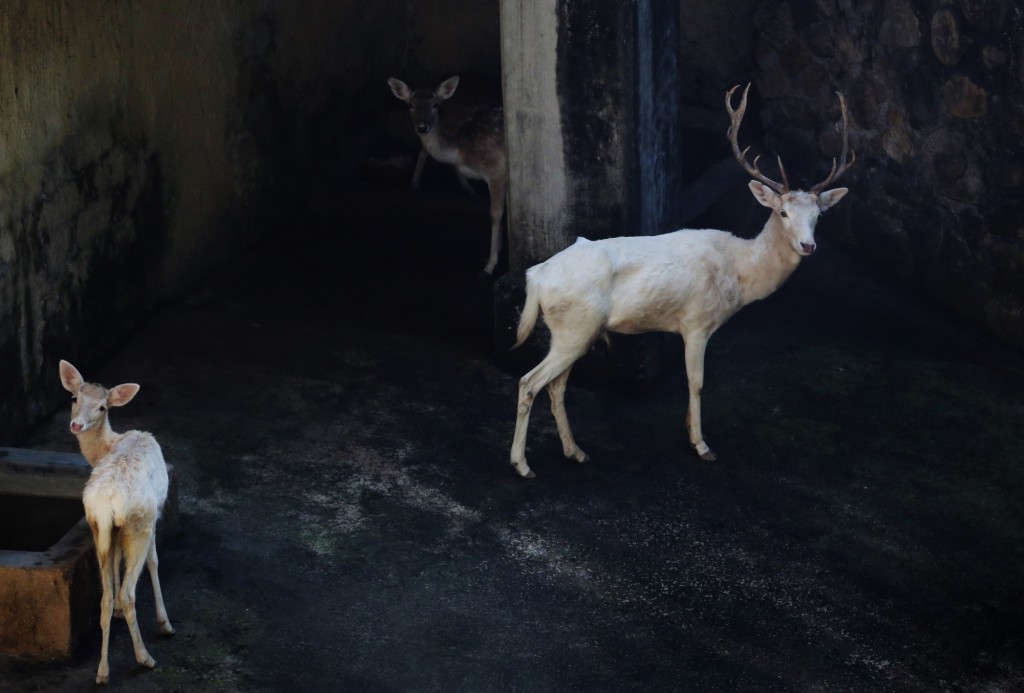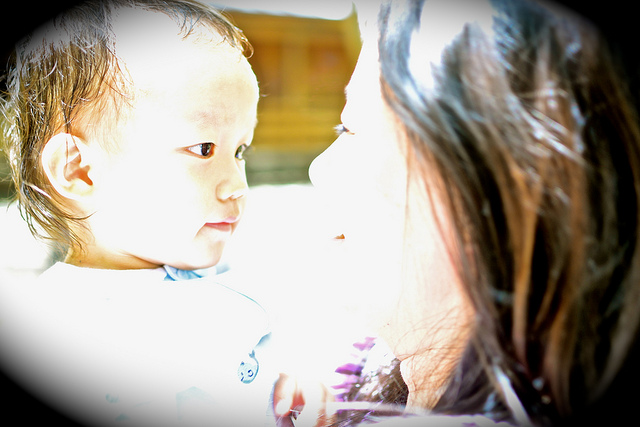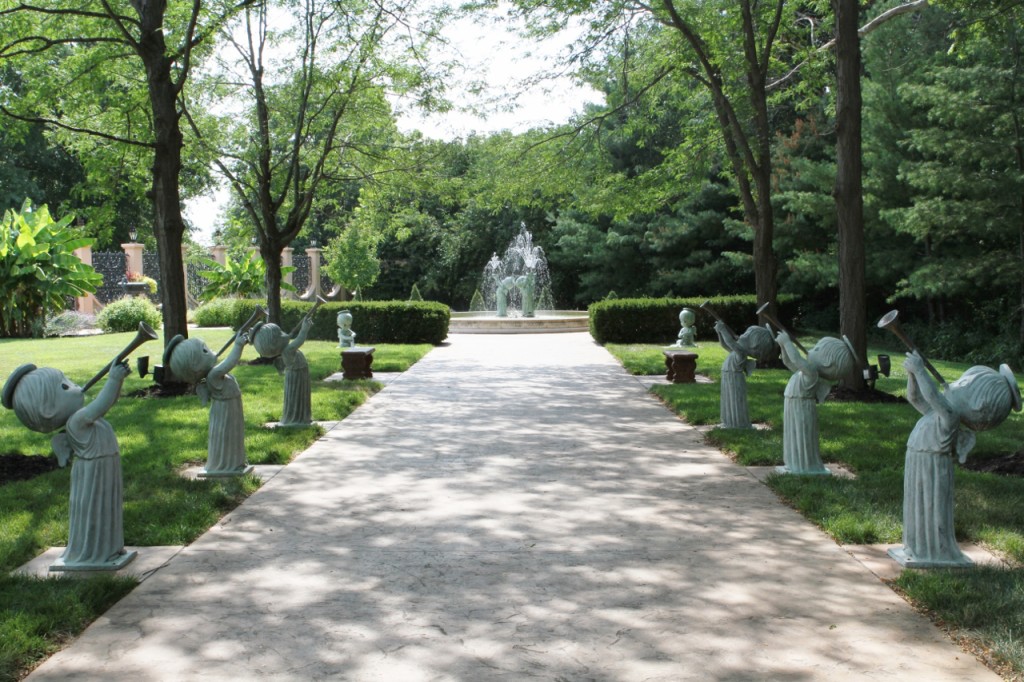
By Antonia Malchik
Some premature babies, the Neonatal Intensive Care nurses tell me, can’t afford the calories it takes to swallow. The first time they take my skinny, three-point-three-pound son off his IV drip to give him real food, they ask me not to watch. They have to run a tube through his mouth down to his stomach—babies this young also have no gag reflex—so that the calories go directly where they are needed, rather than being wasted in tongue and throat action, a method called gavage feeding, the same way foie gras geese are fattened. The instinct to rescue him from this specific invasion comes as a relief: my days are otherwise filled with fear, helpless and enormous and without direction.
•••
The entrance to our nearest hospital butts against a curved driveway where people pick up and drop off patients or take advantage of the free valet parking. Behind it, before shifting into pure concrete and asphalt, is a landscaped grassy area with benches clustered around a fountain and picnic tables set at angles near the walkway to the parking lot.
It looks innocent enough, inviting, but it’s not. The first time I stepped on that walkway, I was looking down and jumped to the side as if it burned through the soles of my shoes. It was paved with bricks, most of them carved with the dedications of donors, bricks given in honor of someone whose name was usually followed by a date of birth and a date of death. What made them unusual was how close the two dates were—sometimes days or weeks, sometimes the same day. I wondered how long those babies had lived. Hours? A whole day? Minutes? Where were their parents now? Did they wake up on that date every year to face the grayness of loss?
My husband Ian and I called it the Dead Baby Walk and kept to the grass after that. We spent a lot of time at the hospital, sitting in Neonatal Intensive Care next to an incubator holding our premature son. He was so scrawny that he weighed less than our smallest cat; he’d been born seven weeks too early, and his lungs weren’t functioning properly. There was no way that I was going to start the day’s visit to him by being reminded of the fragility captured at the beginning of life and how frequently it can end in the opposite of hope.
•••
“I don’t think I can go in,” I told Ian. We could see the birthing center, on the fifth floor of the hospital, from the parking lot. It was seven days after John’s unexpected, extremely early arrival, and I was leaving emotional shreds of myself all over the county as we made our daily drive up and down the New York State Thruway from our home to the NICU. There, locked away from rooms where real people, with normal babies, bore and laughed and kissed and nursed, my son took sips of air from oxygen tubes while another tube tried to clear an air pocket from around his lungs. He had air in all the wrong places and a hole in his heart and had never yet eaten anything not given by IV. The NICU—short for Neonatal Intensive Care Unit, the place for undercooked or sick babies (ours was both)—dragged on me like a small planet with its own gravitational pull, a force nonexistent for people whose babies had been born full-term and healthy.
Every day after being buzzed in the locked door and scrubbing my arms and forearms at the NICU sink (premature babies are also extremely susceptible to infection), I paused just outside the bright room, trying to arm myself against tears that were of no use to anyone. The incubators were shrouded with small homemade quilts made by a charity organization. John slept and blinked and cried under a pattern of cats sitting against a green background while Ian and I read to him from a book of traditional English fairy tales that I’d picked up in London. We sang the “Mockingbird” song over and over, and described the room that was waiting for him: the special mobile his grandparents had sent from England, the fairy tale–themed mural a friend had painted on his wall. I choked when telling him about the blue rug and striped curtains we’d bought. The care that we had put into those everyday details sometimes overwhelmed me.
Today I couldn’t get to the blue rug and striped curtains. Today I couldn’t even get as far as the NICU door. I couldn’t even get out of the car. Today the neonatologist had called early in the morning to warn us that John needed another chest tube to clear a second pneumothorax—an air bubble that prevented his lungs from expanding—and I’d curled up between my bed and the loathsome breast pump and sobbed as if tears could dissolve the pain and me at the same time.
In the parking lot, Ian brushed tears back into my hair. Neither of us had any platitudes. “Can you?” Another nod. A deep breath. A final wiping of nose and face. I swung my legs carefully out of the car and hauled myself up using the handle above the door, heading for the longer path around the curved driveway that avoided the Dead Baby Walk. My skirt brushed over the massive numbness in my abdomen, hiding a healing scar I’d never intended to have.
Two weeks before, I’d been grimacing every time I folded myself into a car and thinking that I couldn’t possibly stand the discomfort of pregnancy for the two months I had left. Three weeks before, we’d been hiking on a remote Scottish island, where the hospital was over an hour’s flight away from the island’s cockleshell beach—an hour if the weather was clear, a day’s wait or more when it was overcast. If my body had turned against me earlier, neither John nor I would have made it. The nearness of the timing still makes my breath short and my hands cold.
•••
I had HELLP Syndrome. A vicious, rare illness that’s caused by pregnancy, with no cure except delivery. It hit me fast, progressing from slightly elevated blood pressure to nearly unbearable abdominal pain within twenty-four hours. By the time my obstetrician performed an emergency C-section, my liver was failing. When my son and I came out of the operating room, Ian was on the phone with my older sister. He froze, not knowing whom to follow as they whisked us each into our own intensive care units.
That first day, I sat in shock in the ICU, smiling automatically at the nurses because being nice is such a deeply ingrained habit that it’s almost pathological. I’d jerk awake when the oxygen monitor screamed to tell me I’d stopped breathing again. My fingers shook as they stroked the streaky Polaroid photo taped to the bed rail. John Henry, a thoughtful nurse in the NICU had written, 4 lb 3 oz, 17 in. I didn’t see my son until thirty hours later, when I was transferred from the ICU to the birthing center’s Mother & Baby section, surrounded by women with full-term newborns and visitors armed with balloons and flowers. Ian and I, three thousand miles from our families, navigated phone calls and inedible hospital food alone, no baby by the bedside.
That first time I met John, at some dark hour of the night, a NICU nurse lifted him, tubes and all, out of his incubator and into my arms. Our IVs tangled; Ian held an oxygen sniffer to John’s nose; I murmured happy nonsense, a normal new mother for a few minutes, ignorant of the month to come.
•••
A week later I sat once again on the high stool next to John’s incubator. I hadn’t been allowed to hold him since that first day, due to the chest tubes, oxygen sniffer, and IV lines, so Ian and I took turns resting our index fingers in his little hand, living for the moments when he squeezed. We couldn’t do more than that. Premature babies are also extremely sensitive to touch. Stroking a preemie’s head or skin can drive him crazy.
The nurses—our friends by now—looked at us anxiously when we walked in that day, the day I gave up on hope and struggled to come in the door. They’d seen parents go through this before, and worse. The neonatologist wrapped us in her professional sympathy as she showed us the second pneumothorax on an X-ray and said John might have to be transferred to a tertiary care unit closer to New York City. I envisioned weeks of three-hour commutes to spend scarce minutes with him, and it seemed unbearable.
After seven days, two pneumothorax, a hole in the heart, and an extra bit of heart valve where it wasn’t needed, there was only one thing that hadn’t been tried: John had not yet had food. He’d lost slightly under a pound—a quarter of his body weight—while my pumped milk had been piling up in the freezer, the only offerings I had to give the gods.
The next day they decided to start feeding him. One milliliter of milk went down the tube to his stomach. The next time it was three, no calories lost to pesky swallowing. His breathing became less erratic, and they turned down the whispering oxygen. Within three days, John had recovered so well that it startled even the neonatologist. He was a full month old before his lungs were strong enough and his heart repaired enough for him to be discharged, but two weeks into his life he was tube- and IV-free for the first time and learning to eat on his own.
•••
Those of us who have faced the potential loss of a child will never bear the pain of those for whom the potential became a fact. We may have stepped on the Dead Baby Walk, but we haven’t bought a commemorative brick. All I can say is that the fear has come close enough to unshroud itself, to touch the heart. Every parent fears losing his or her children. The physical hazards and accidents—cars, drug addiction, sudden peanut allergies, a million unthinkable possibilities—haunt us. It is something else, though, to have that fear cupped in your hand, to acknowledge it by name. To be warned: “Prepare yourself.” Because once prepared, once you know, the Dead Baby Walk’s existence stalks your footsteps. Like all traumas, it becomes embedded in our physical bodies as well as our psyches.
Before his third birthday, John was hospitalized twice for asthma. The second time was the same day we brought home his new baby sister. I held her while Ian drove away with John strapped in the back, his chest caving to expose ribs and diaphragm while he fought to inhale oxygen. His lungs had been too weakened by their early struggles; a simple summer cold caught his alveoli in a tight grip and laid him flat.
He’s seven years old now, and, if all goes well, on his way to being diagnosed asthma-free, despite the incessant coughing that exhausts him every time he catches a cold. I yell at him on a regular basis—brush your teeth! turn off the TV! please stop whining!—something I couldn’t have envisioned doing either during the NICU-month-of-hell or his later asthmatic episodes. He plays Minecraft, rides his bike, does his math lessons, throws a fit when I ask him to pick up his Legos. He’s a normal kid.
But I don’t feel normal anymore. Or maybe it’s that I have been normalized. Maybe avoiding loss, pretending death doesn’t exist, is the abnormal state. I’d hate to believe humanity’s fate is to walk shadowed with grief, sorrow slipping into us painlessly like milk down a gavage tube to a premature baby’s stomach. But on our hospital visits for John’s chest X-rays and to his pulmonologist, and when I returned there for monthly visits to the high-risk perinatologist during my second pregnancy (being at a 25% risk of developing HELLP or various other complications again), the Dead Baby Walk still made me jump like an animal that’s seen violence. Its existence reeks of trauma and fear. It’s a reminder of how linked we are: We clutch at the good moments, the small joys, while the greater sorrows, the losses that eat us alive, lie waiting beneath our feet.
•••
ANTONIA MALCHIK’s essays have appeared in a variety of publications, and are forthcoming from The Washington Post, Orion, STIR Journal, and The Atlantic. You can read more of her work at antoniamalchik.com, and about her experience with HELLP Syndrome on BuzzFeed Ideas. She is a regular contributor to Full Grown People.

 Follow
Follow
